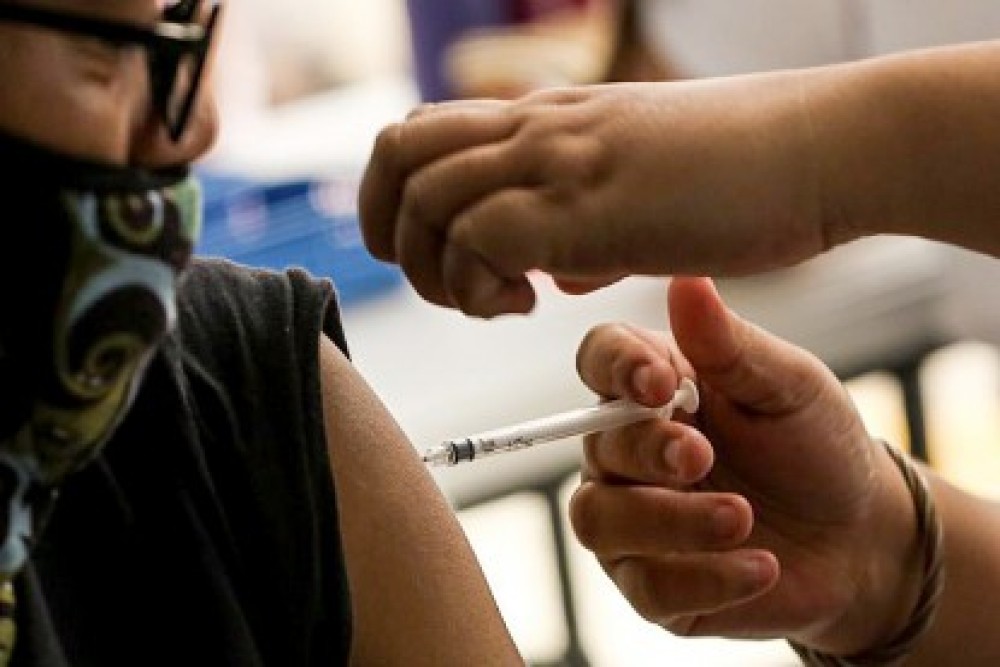The Presidential Communications Office (PCO) has emphasized the importance of establishing a virology and vaccine hub to enhance the country’s preparedness for future pandemics.
This, as the PCO confirmed President Ferdinand R. Marcos Jr.’s signing of Republic Act (RA) 12290, establishing the Virology and Vaccine Institute of the Philippines (VIP), a national research center focusing on studies of viruses, pathogens and vaccine development.
“The creation of the VIP is viewed as a landmark move to enhance the Philippines’ capacity to respond to future pandemics and other public health threats, while also fostering innovation in science and technology,” the PCO said in a statement.
“The VIP will serve as the country’s lead institution for research on potential disease-causing agents affecting humans, plants, animals, and the environment.”
Signed on Sept. 12, RA 12290 mandates the VIP to conduct vaccine research, from discovery to pre-clinical phases, and develop diagnostics and therapeutics for emerging and reemerging infectious diseases.
Initially discussed during the Covid-19 pandemic, the VIP Act aims to establish a state-of-the-art research institute that will study viruses; develop vaccines, diagnostics and treatments; and ensure the country’s preparedness for future health emergencies.
The VIP will be headed by a director who will report the results of research and development studies to the board, which will be co-chaired by the secretaries of the Department of Science and Technology, Department of Health (DOH) and Department of Agriculture.
RA 12290 requires the VIP to submit an annual report to the President and to the Committees on Science and Technology of the Senate and House of Representatives not later than March 30 annually.
The VIP will carry out discovery programs in virology, molecular biology and bioinformatics, while building partnerships with local and international research institutions.
The PCO said the VIP will invest in advanced virology infrastructure, including high-containment facilities, biobanks and genome laboratories.
“The law also provides for the training of experts, technical assistance to research communities, and the dissemination of evidence-based policy recommendations,” it said.
“The newly enacted law declares the policy of the State to safeguard the people’s right to health and recognize the critical role of science and technology in national development.”
RA 12290 adopts the “One Health” approach, recognizing the interconnectedness of human, animal, plant and environmental health, ensuring that virology research will not only address human health concerns but also agricultural and ecological challenges.
Under the law, the Research Institute for Tropical Medicine (RITM) will keep its current functions under the DOH while working closely with the VIP.
The RITM will continue providing expertise in detecting and identifying emerging infectious diseases and offering laboratory support.
Findings from the VIP, RITM and other concerned agencies will be integrated into the plans of the Inter-Agency Task Force on Emerging Infectious Diseases and the National Task Force against animal-borne diseases, or their successor bodies, to strengthen the country’s response to public health emergencies.
Malacañang has yet to release a copy of RA 12290.
PNA PHOTO


